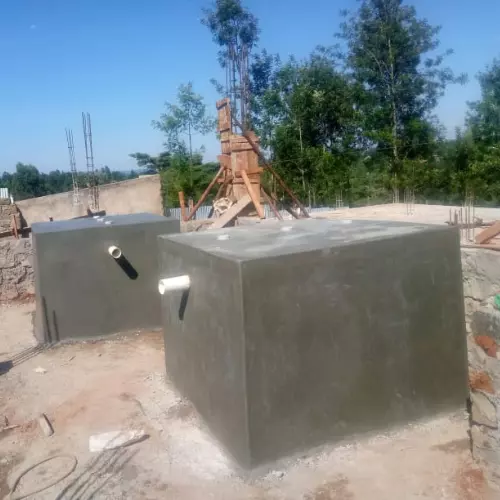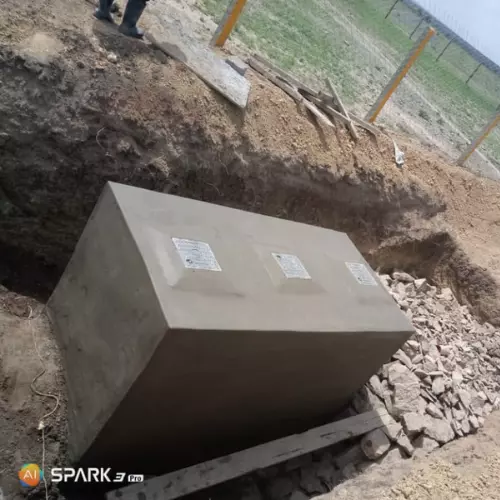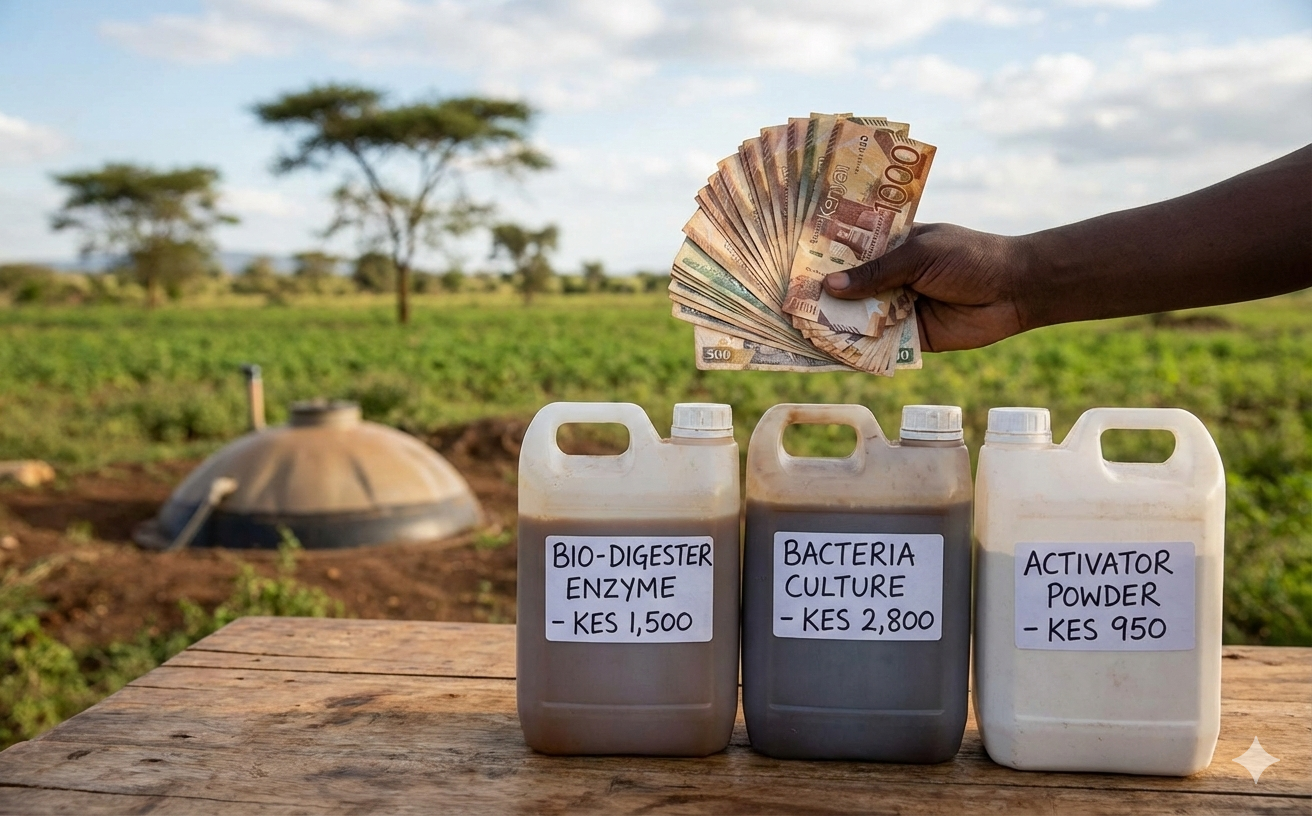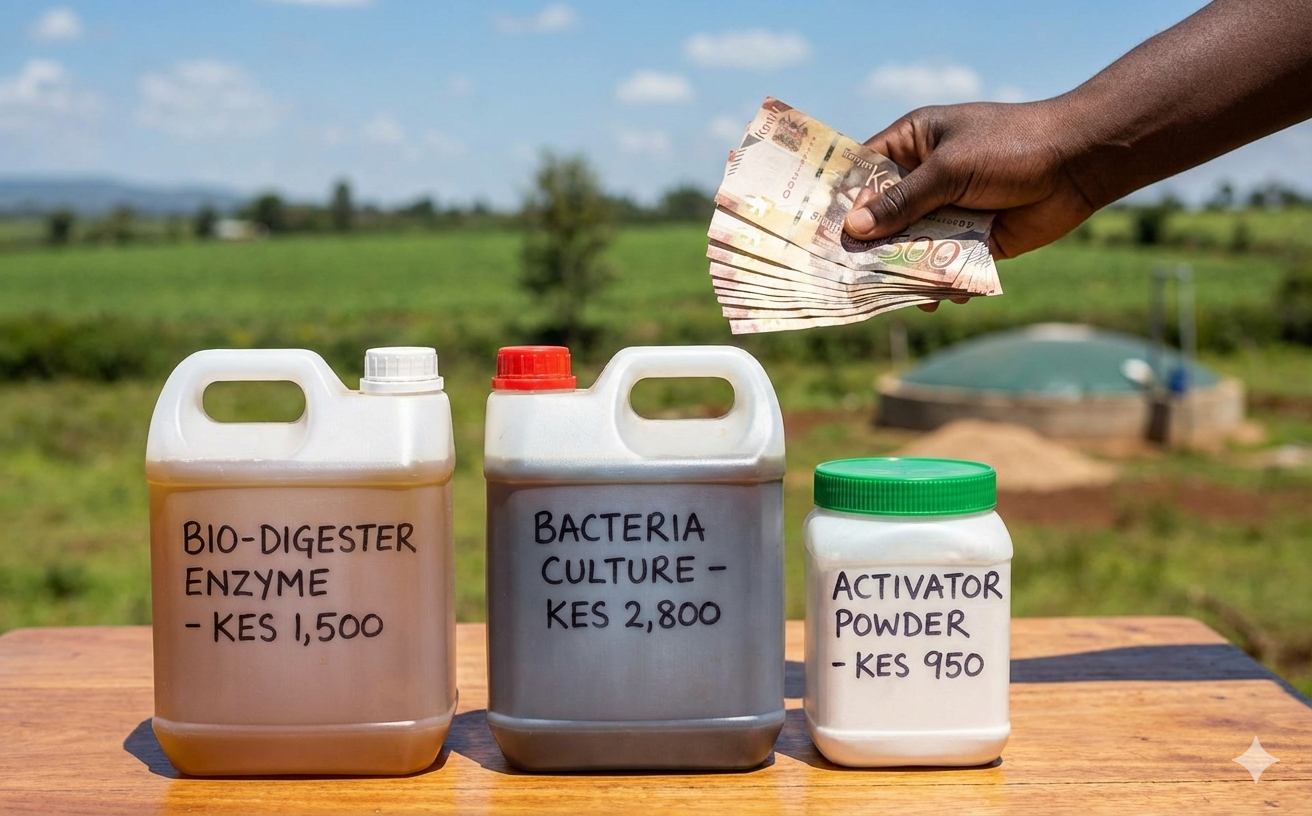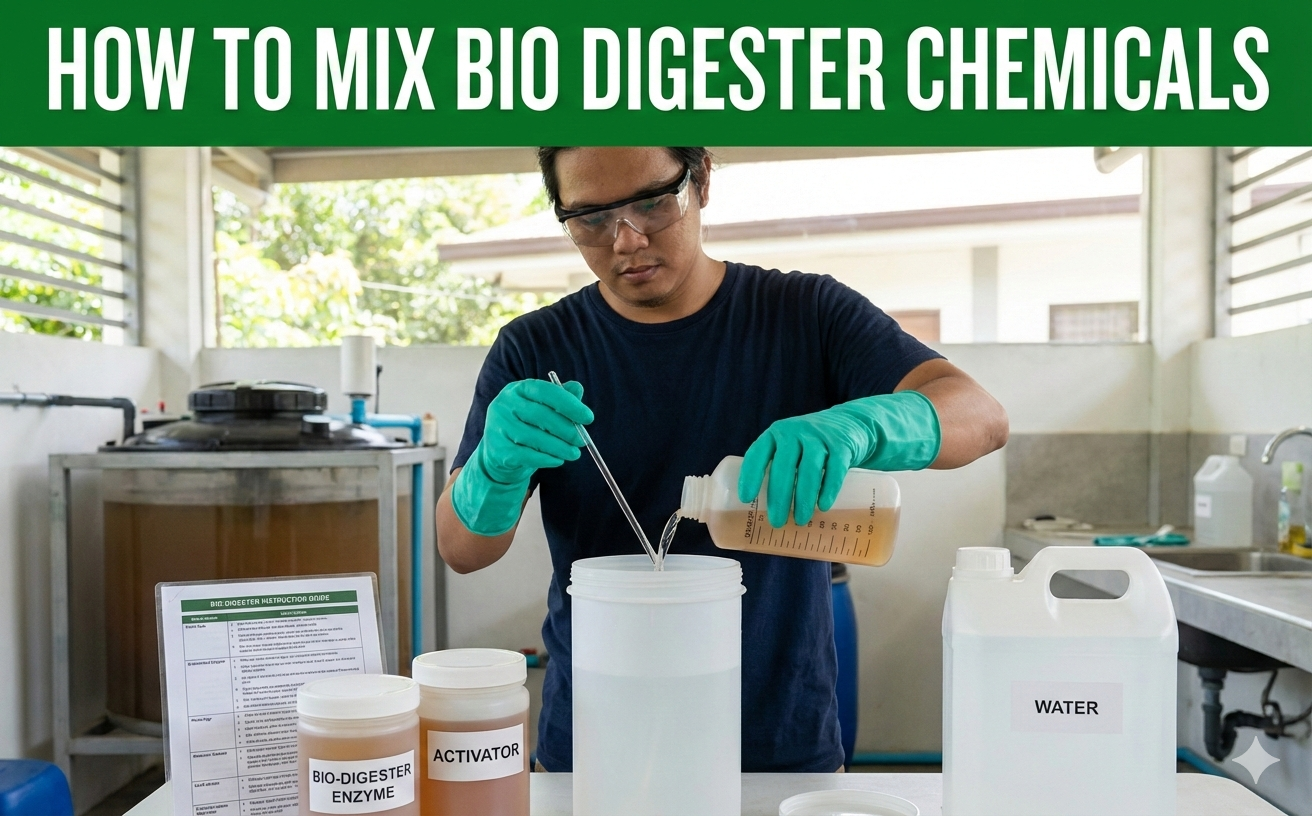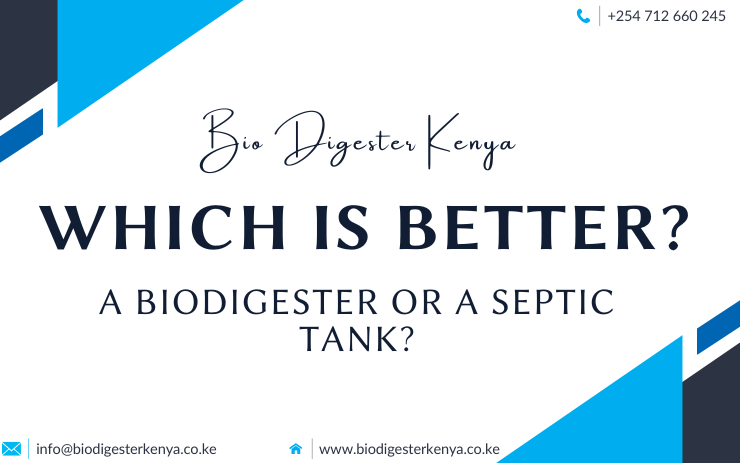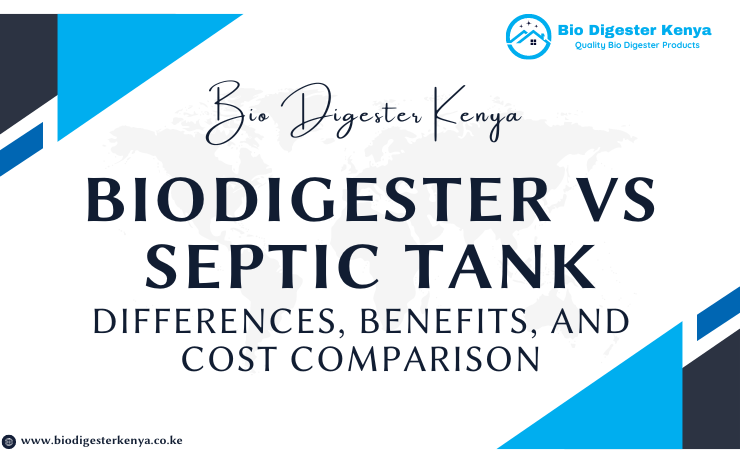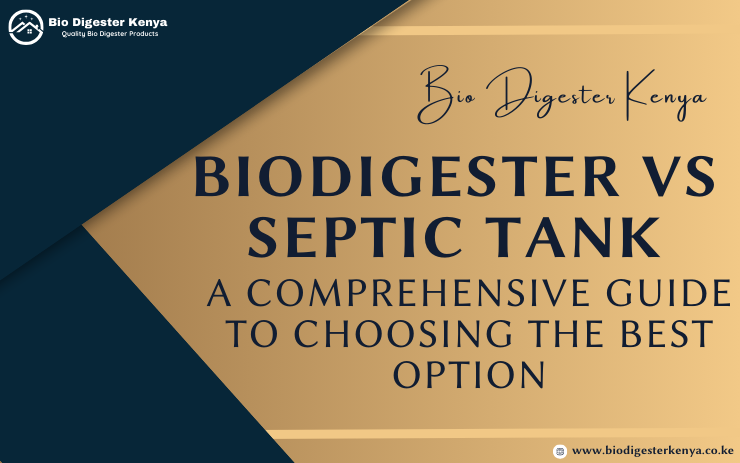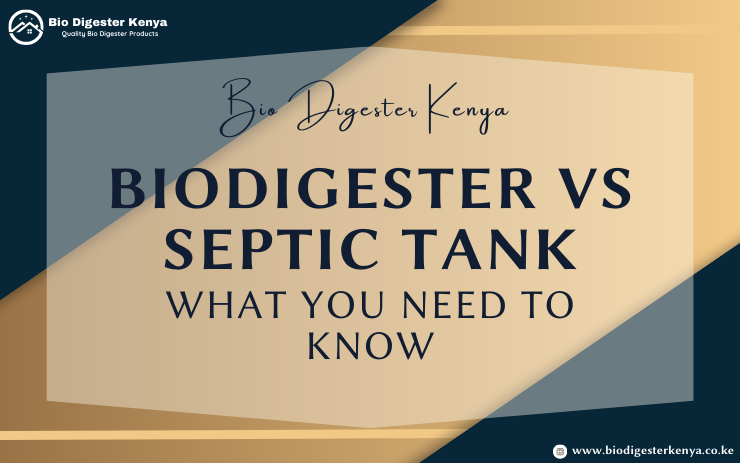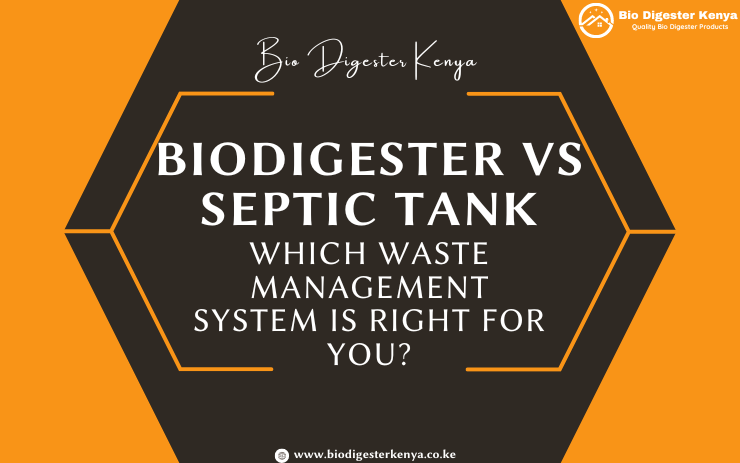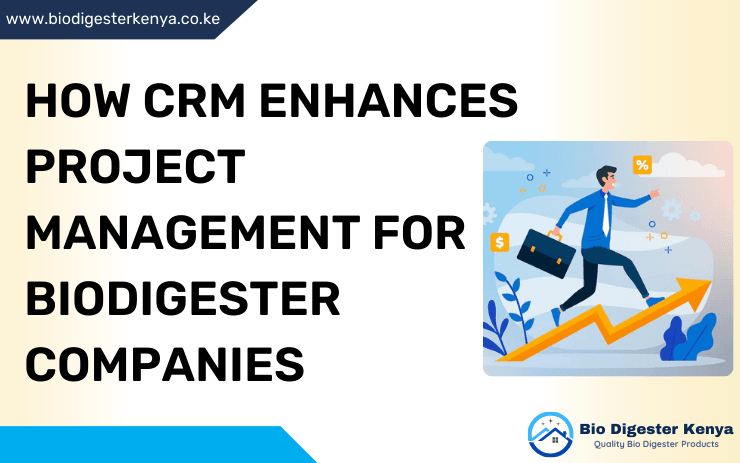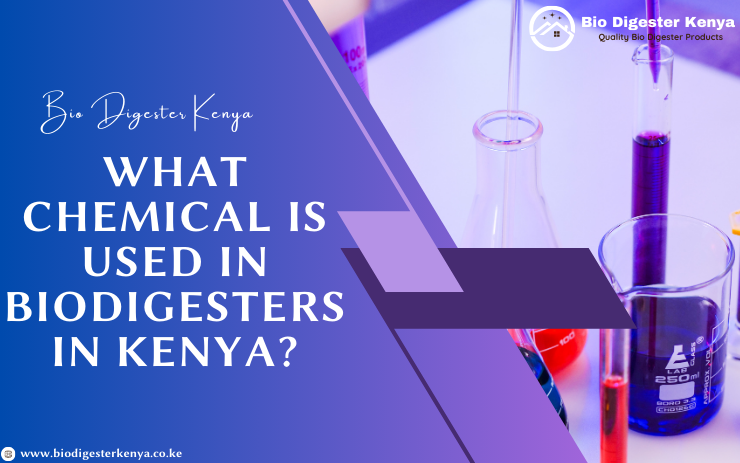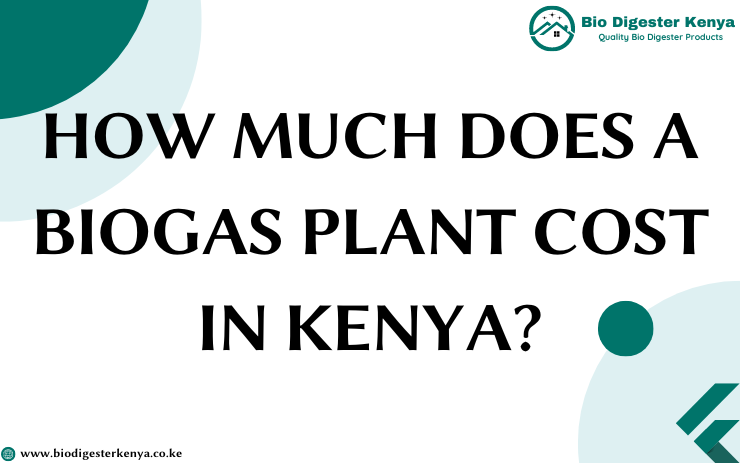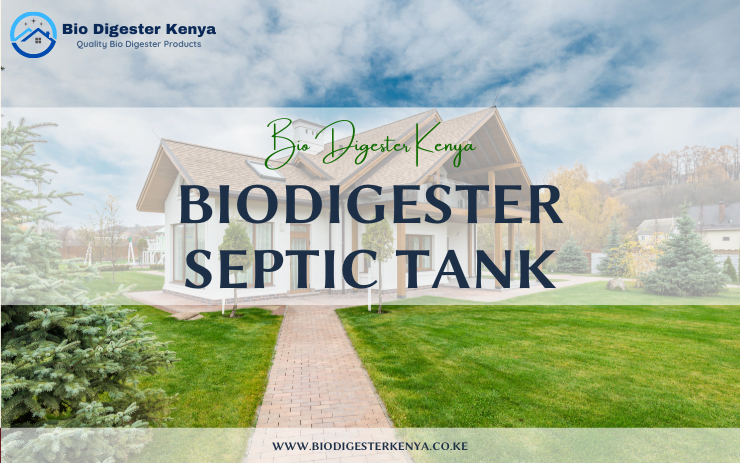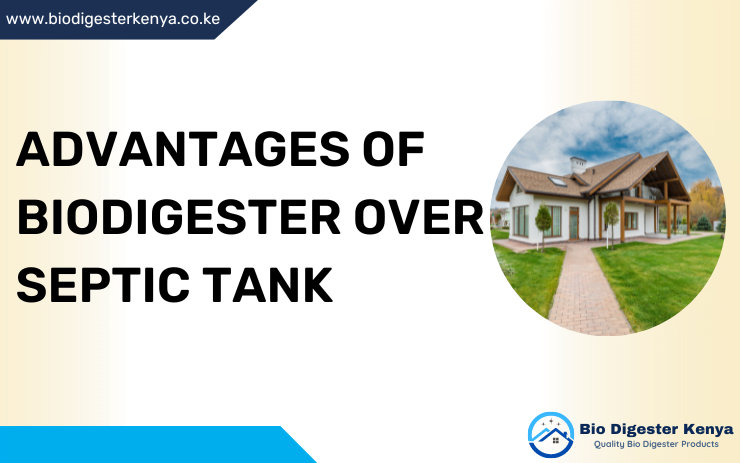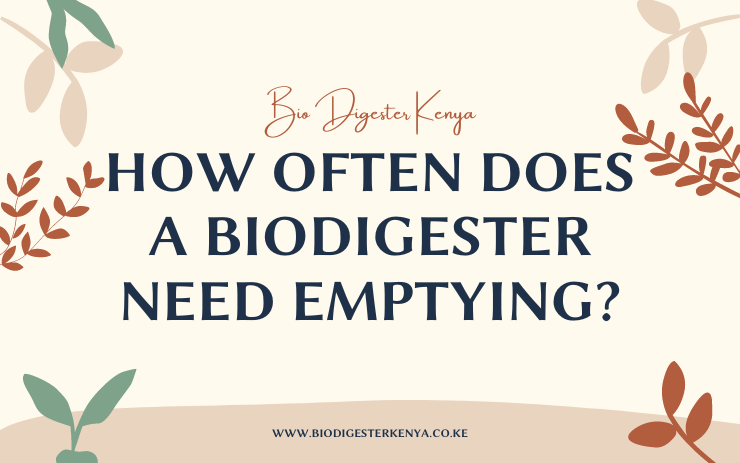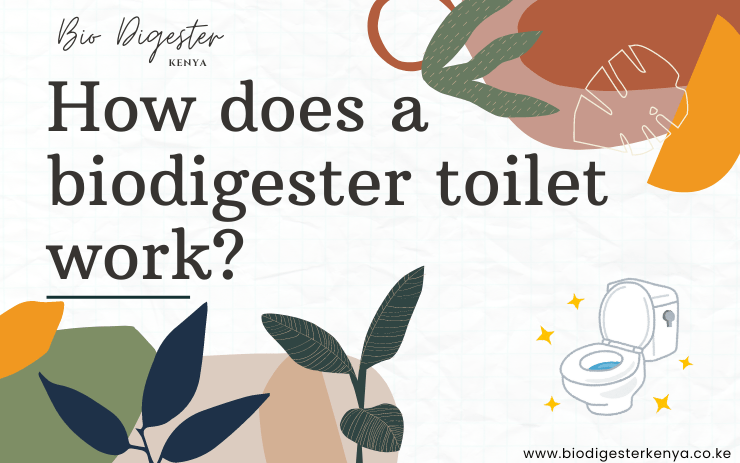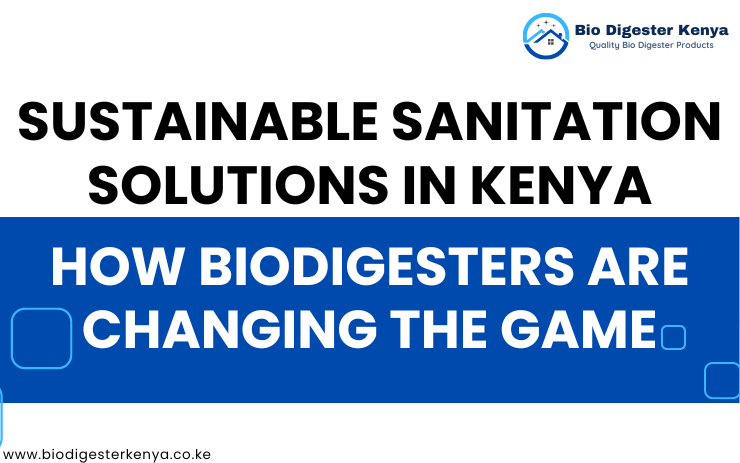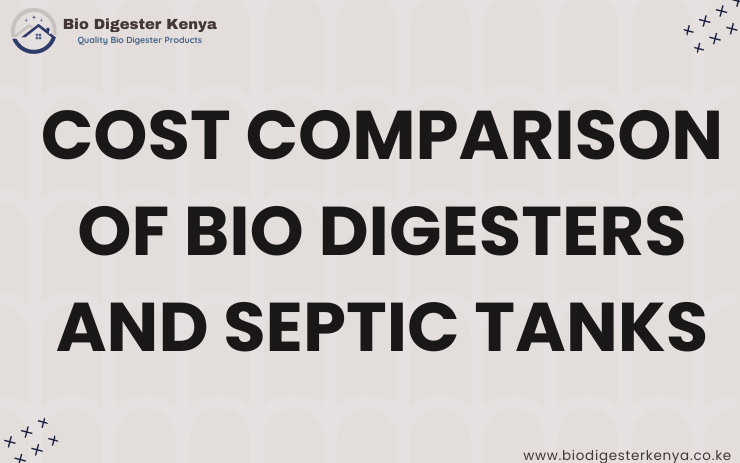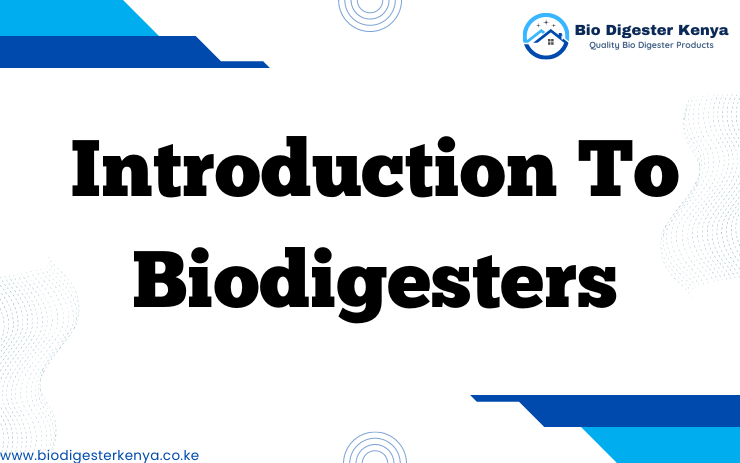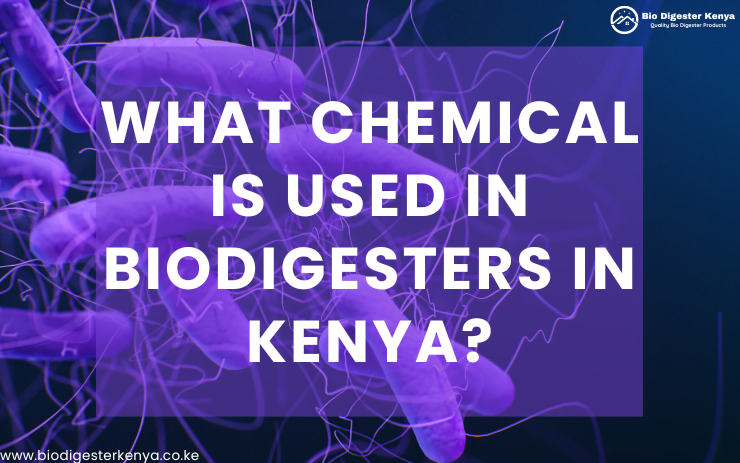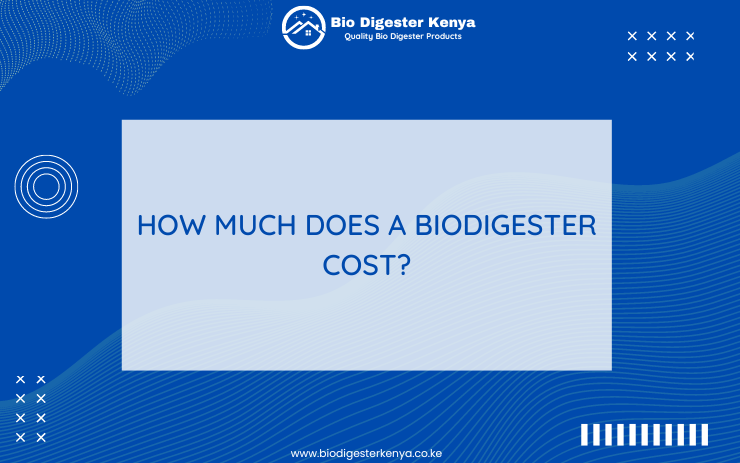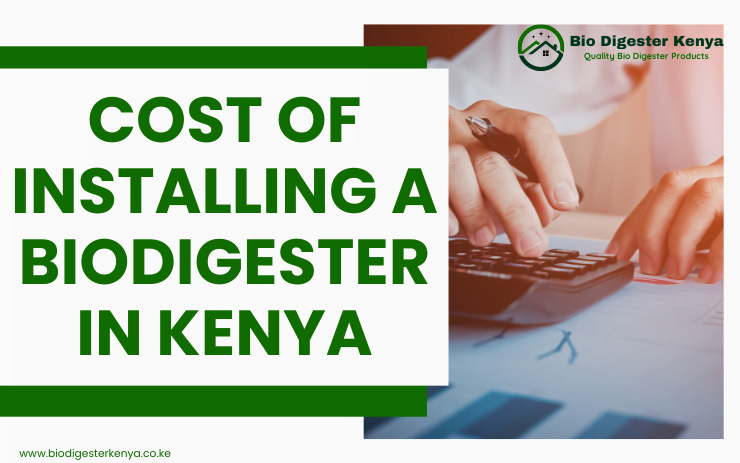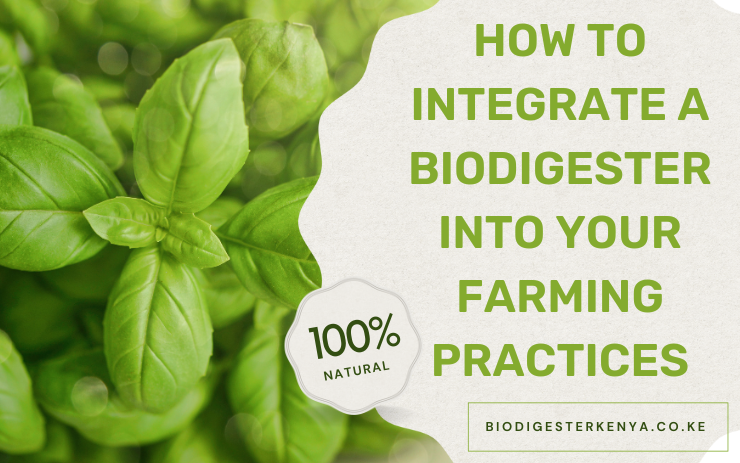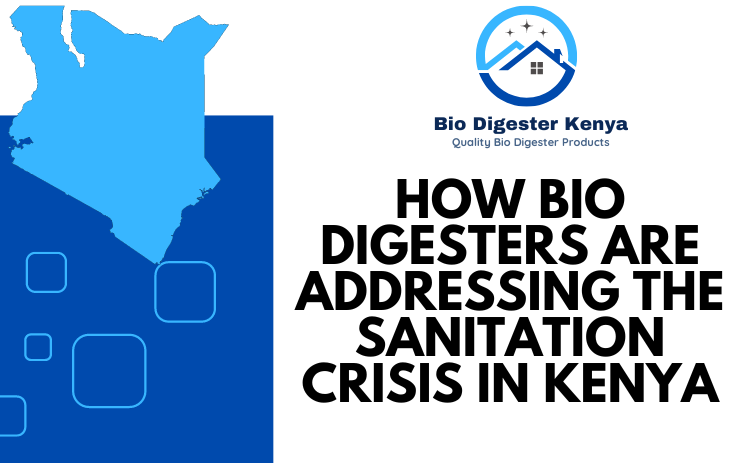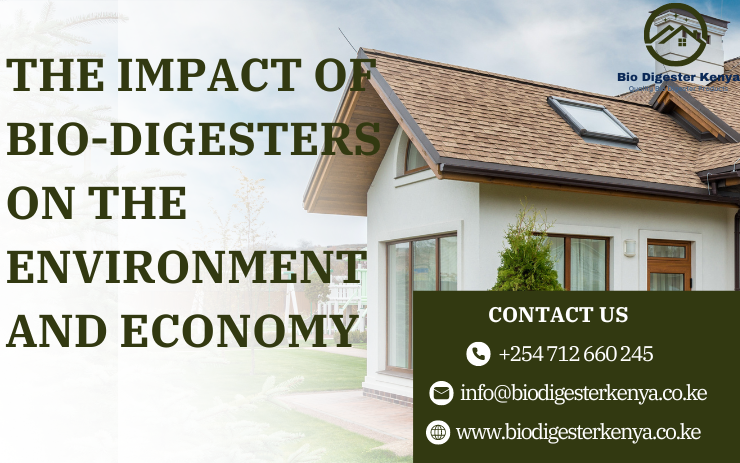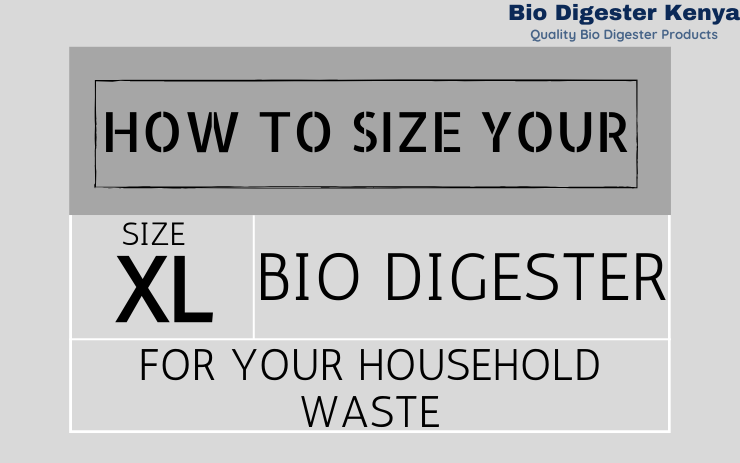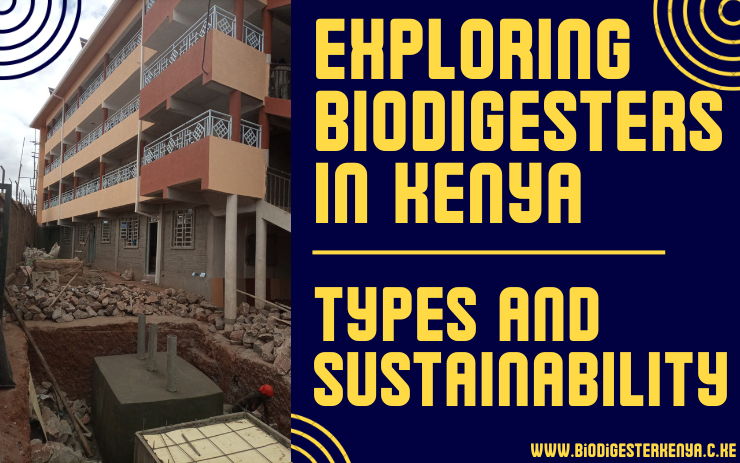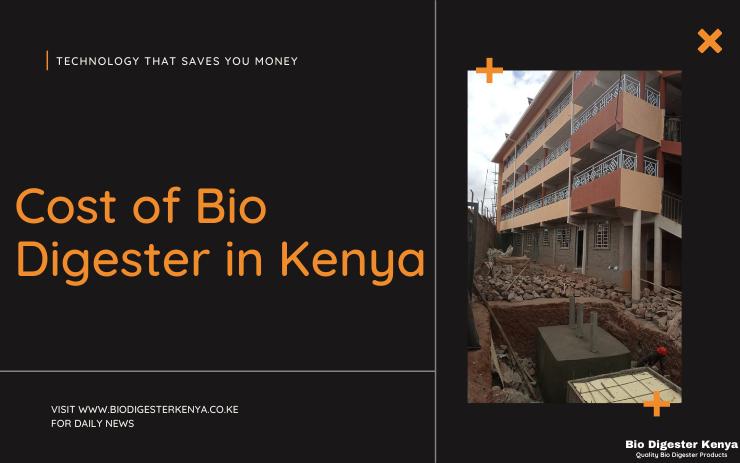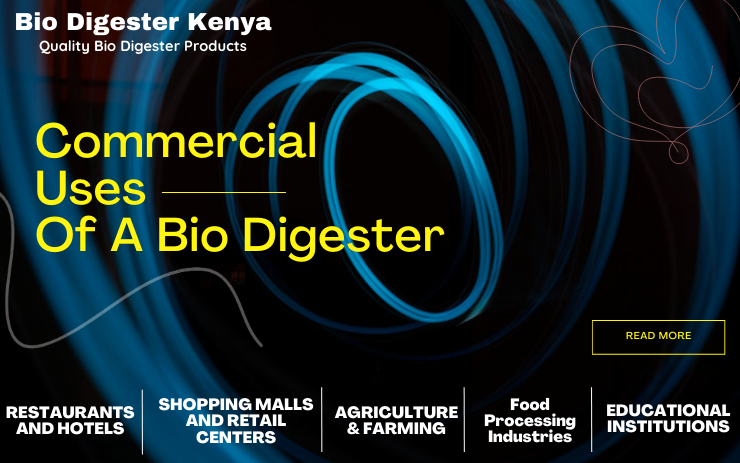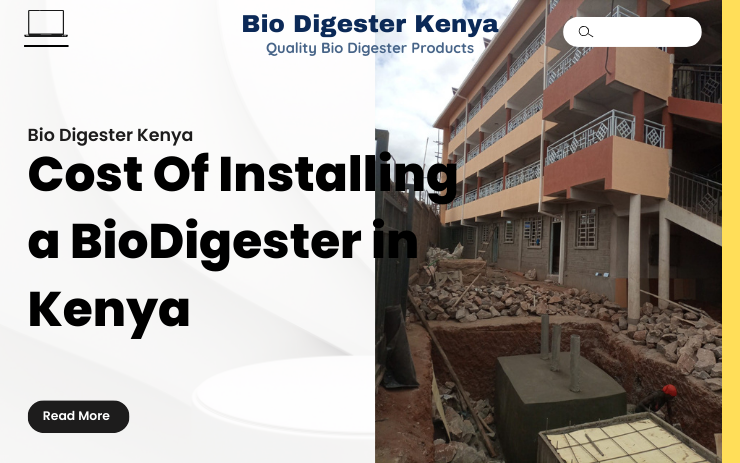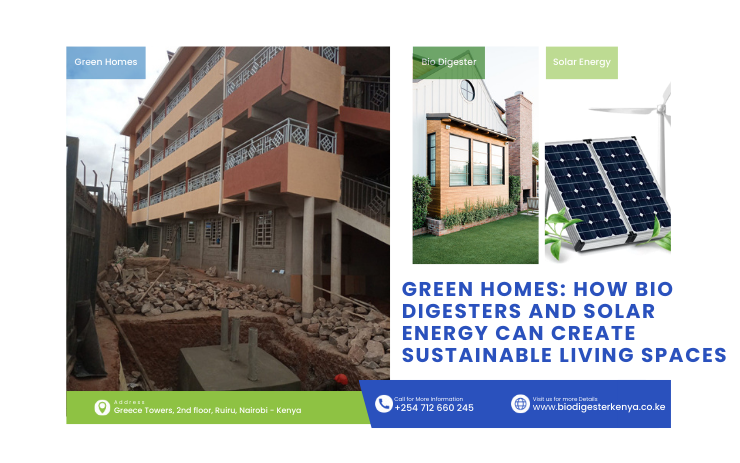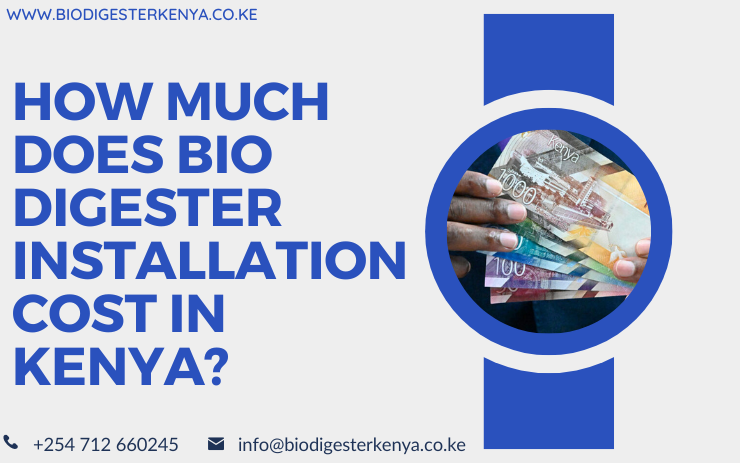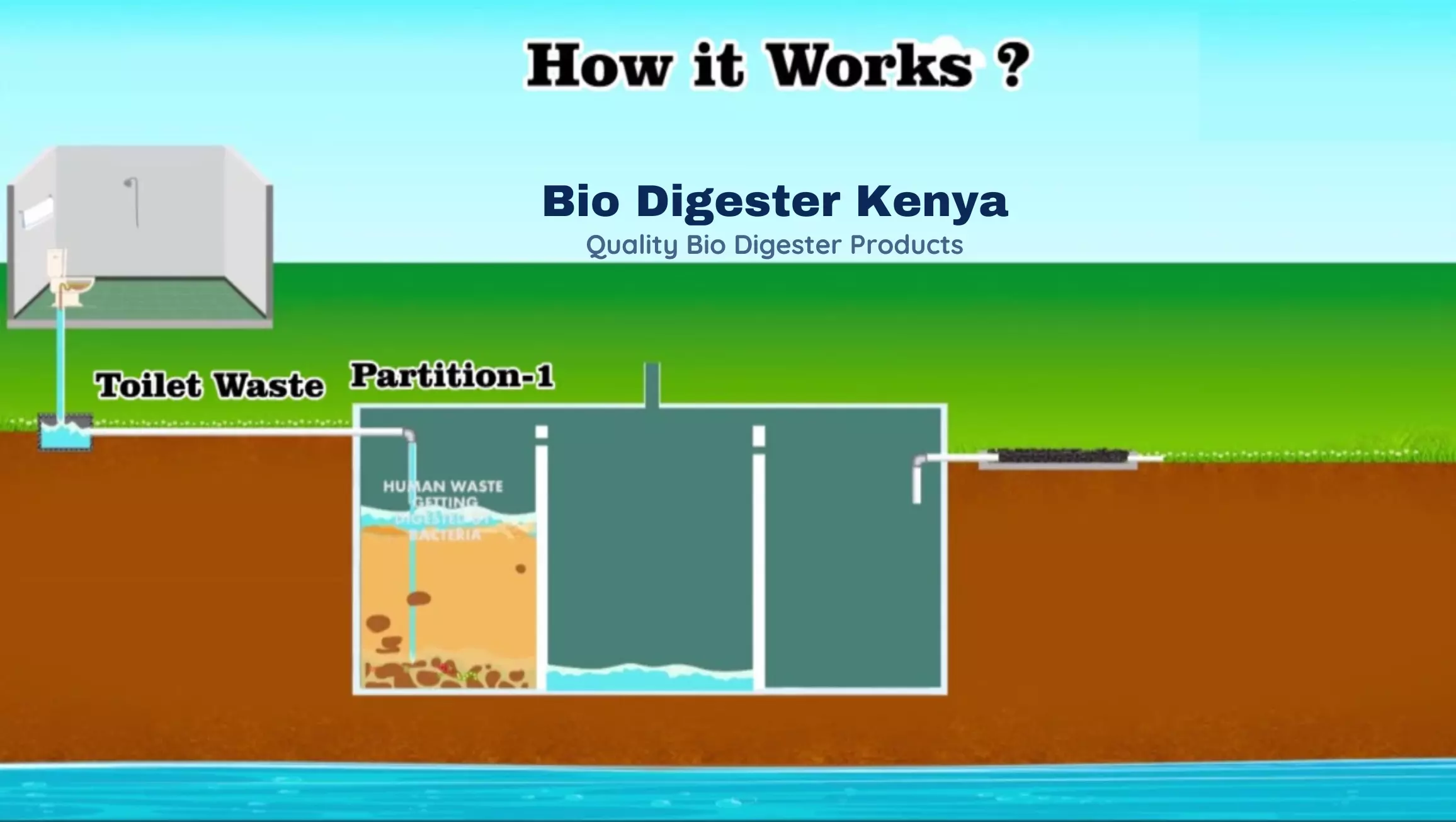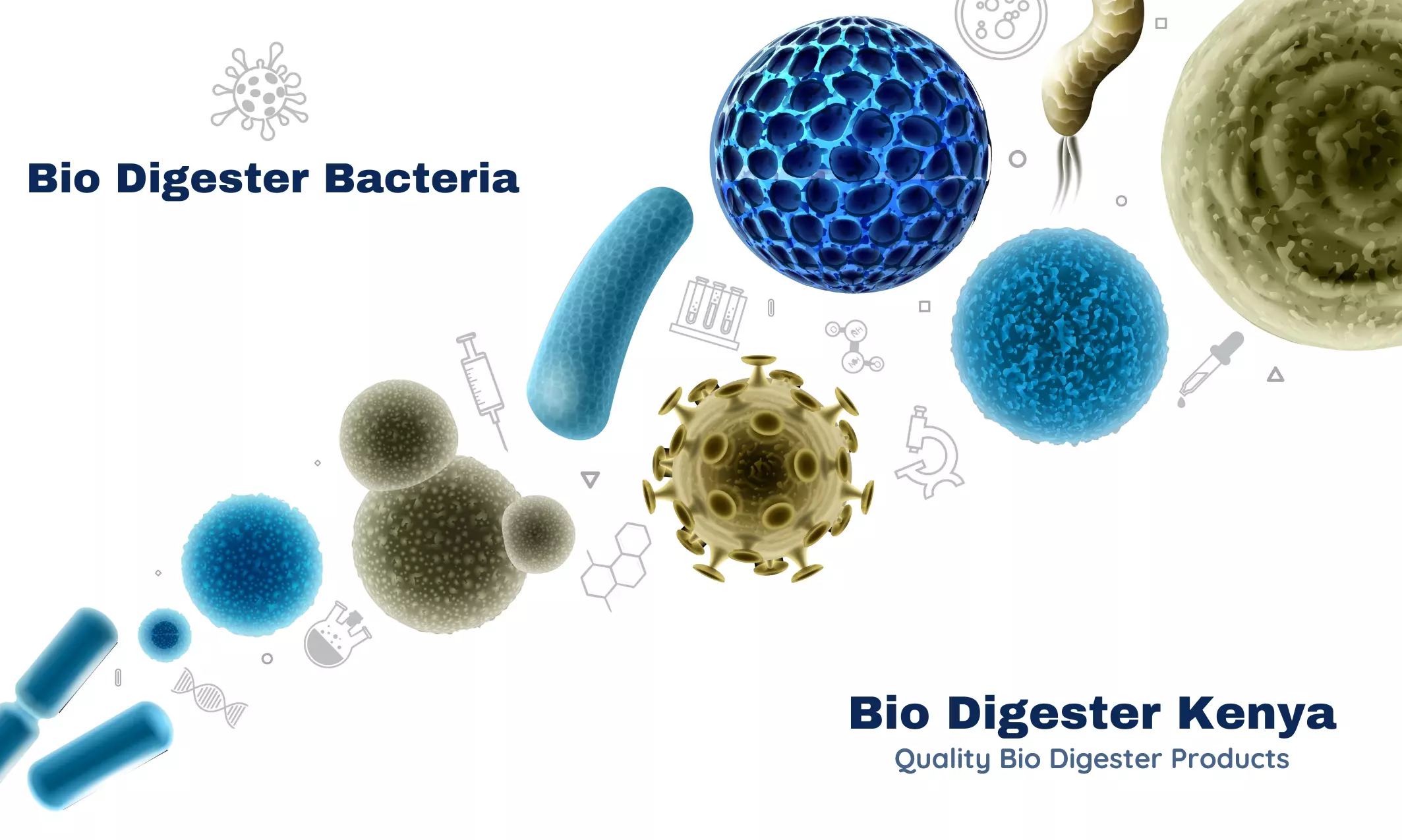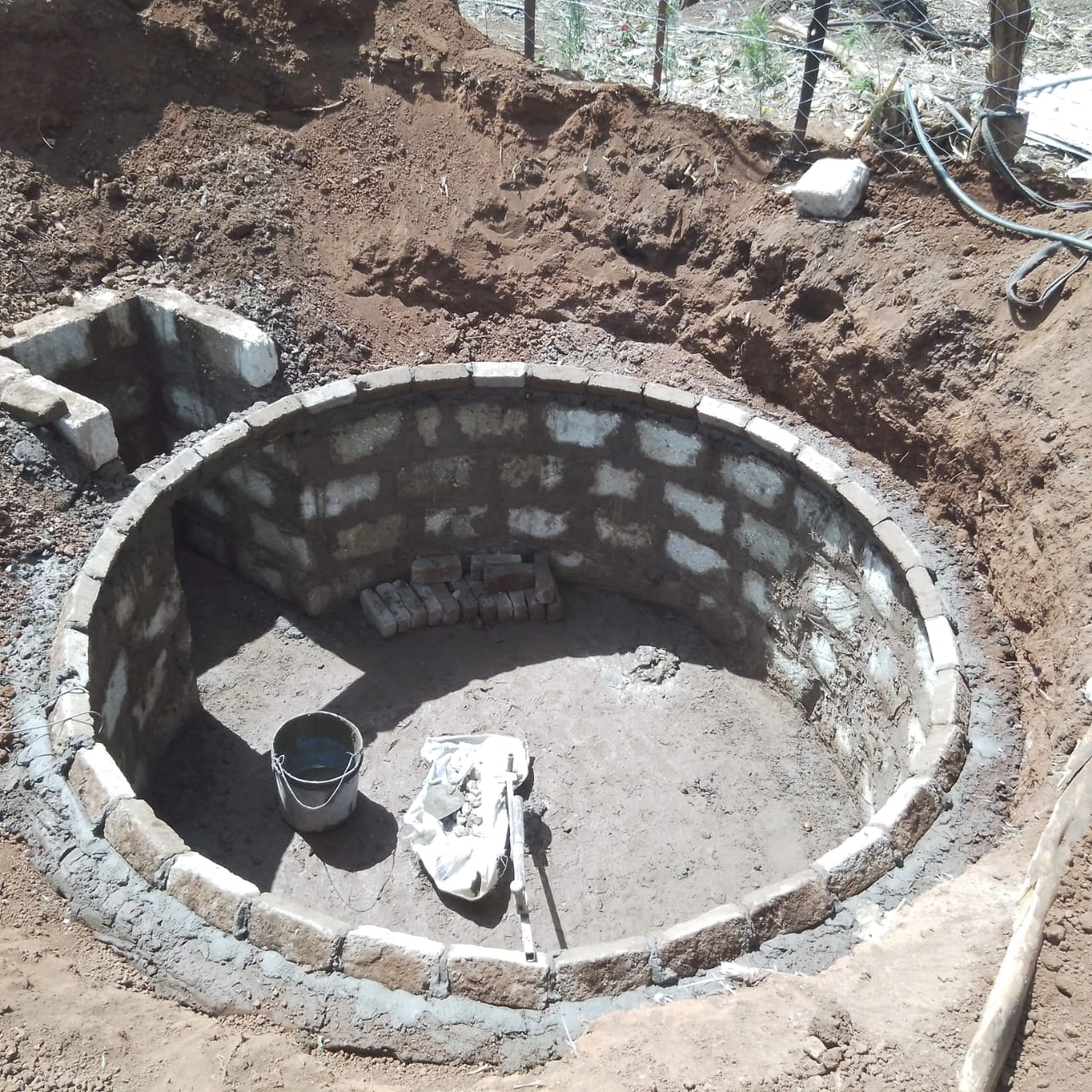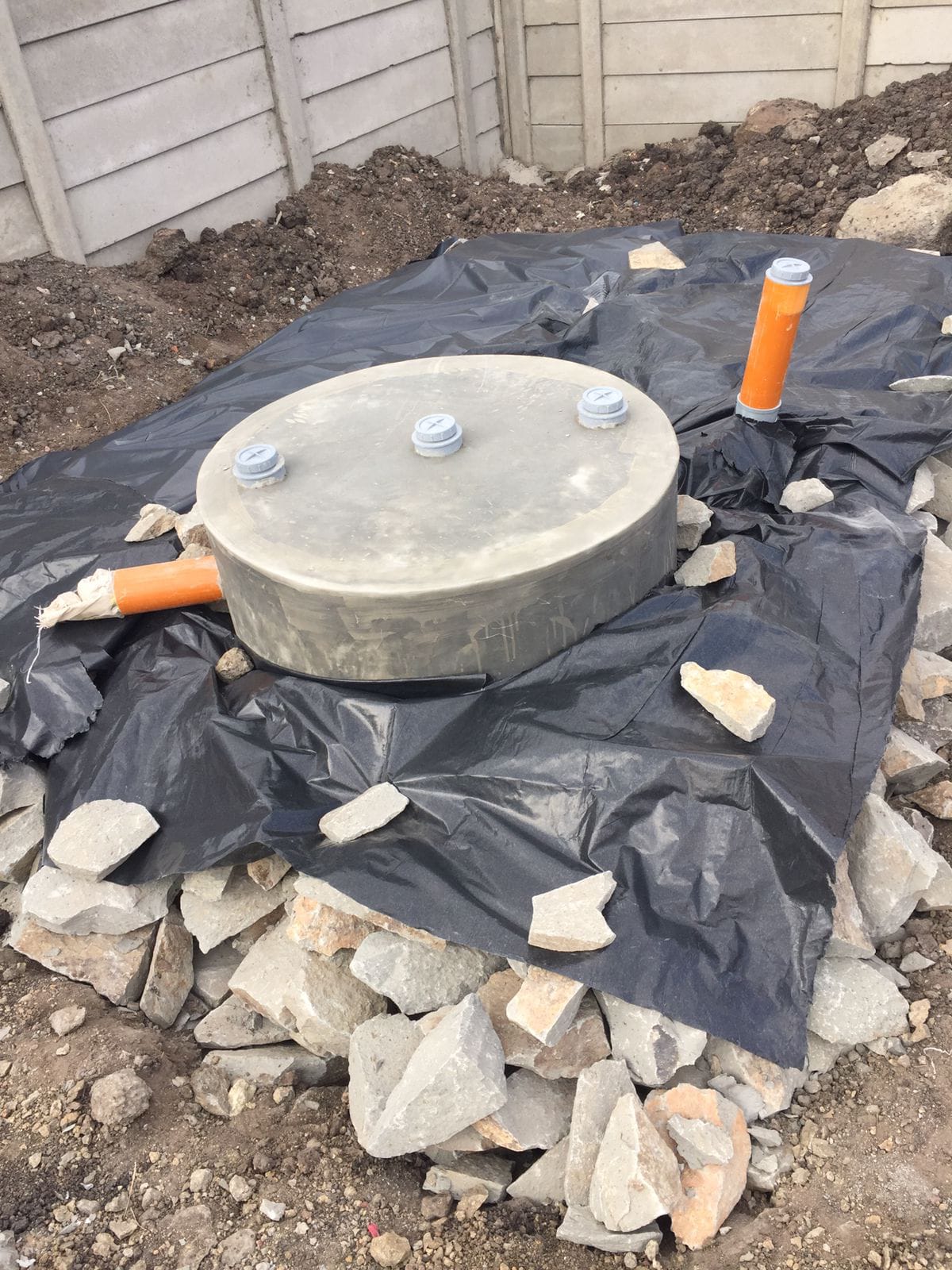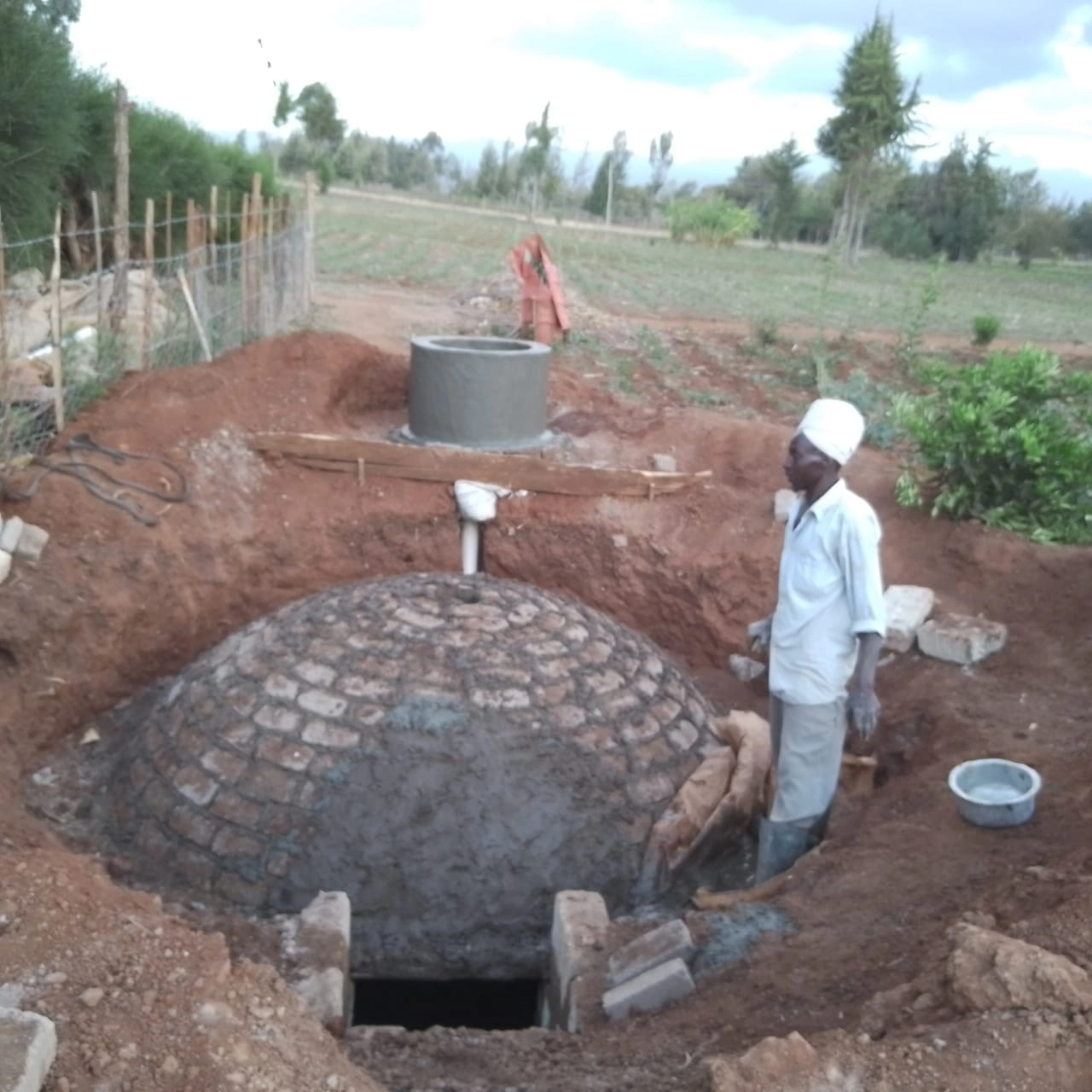Discover how biodigesters in Kenya are revolutionizing sanitation and contributing to the Sustainable Development Goals by providing eco-friendly waste management solutions.
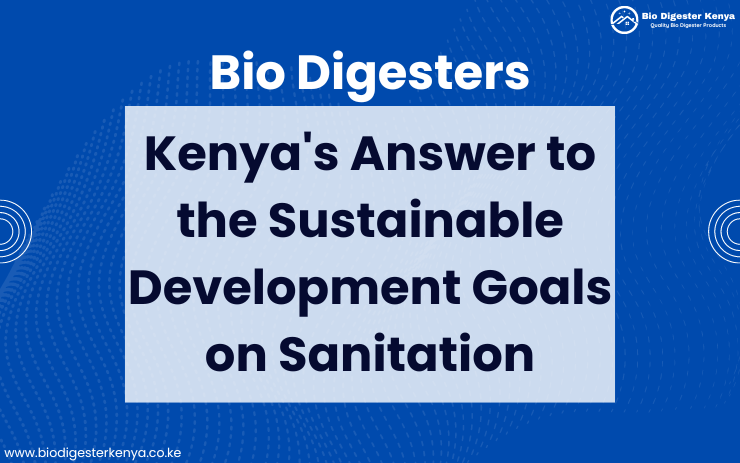
Introduction
Biodigesters are emerging as a revolutionary solution in Kenya, addressing critical sanitation issues while contributing to the Sustainable Development Goals (SDGs).
This eco-friendly technology not only manages waste efficiently but also produces biogas and organic fertilizers, promoting sustainability.
In this comprehensive article, we will explore the multifaceted benefits of biodigesters in Kenya and their alignment with global sanitation goals.
What Are Biodigesters?
Biodigesters are systems that convert organic waste into biogas and organic fertilizers through the process of anaerobic digestion.
These systems are particularly beneficial in areas lacking adequate sanitation infrastructure.
By breaking down waste biologically, biodigesters reduce pollution, produce renewable energy, and create valuable by-products for agriculture.
The Importance of Sanitation in Sustainable Development Goals
Sanitation is a cornerstone of the Sustainable Development Goals (SDGs), particularly Goal 6, which aims to ensure availability and sustainable management of water and sanitation for all.
Adequate sanitation facilities prevent disease, promote health, and enhance the quality of life, especially in developing countries like Kenya.
Current Sanitation Challenges in Kenya
Kenya faces significant challenges in sanitation, with many rural and urban areas lacking proper waste management systems.
These challenges include open defecation, inadequate sewer systems, and limited access to clean water.
The consequences are dire, leading to waterborne diseases, environmental pollution, and compromised public health.
How Biodigesters Work
Biodigesters operate by channeling organic waste into a sealed tank where anaerobic bacteria break down the material.
The process produces biogas, which can be used as a renewable energy source, and digestate, which serves as a nutrient-rich fertilizer.
This closed-loop system not only manages waste efficiently but also contributes to energy and agricultural sustainability.
Benefits of Biodigesters
Environmental Benefits
Biodigesters significantly reduce greenhouse gas emissions by capturing methane, a potent greenhouse gas, and converting it into biogas.
This process mitigates climate change impacts and promotes a cleaner environment.
Economic Benefits
The biogas produced can be used for cooking, lighting, and electricity generation, reducing reliance on fossil fuels and lowering energy costs.
Additionally, the organic fertilizer produced enhances soil health, boosting agricultural productivity and reducing the need for chemical fertilizers.
Social Benefits
Biodigesters improve sanitation by providing a hygienic method for waste disposal, reducing the prevalence of diseases associated with poor sanitation.
They also create job opportunities in the construction, maintenance, and operation of biodigesters, fostering community development.
Biodigesters and Rural Communities in Kenya
In rural Kenya, where traditional sanitation infrastructure is often lacking, biodigesters offer a practical and sustainable solution.
These systems can be installed in homes, schools, and community centers, providing reliable sanitation while producing valuable resources like biogas and fertilizer.
Case Studies: Successful Implementation of Biodigesters in Kenya
Several projects across Kenya have demonstrated the effectiveness of biodigesters.
For instance, the adoption of biodigesters in schools has improved sanitation facilities, reduced waste management costs, and provided a source of clean energy for cooking.
Communities have also reported improved health outcomes and agricultural productivity.
Technological Advancements in Biodigesters
Recent advancements in biodigester technology have improved their efficiency and accessibility.
Innovations include low-cost designs, enhanced biogas production methods, and integration with other renewable energy systems.
These advancements make biodigesters a viable option for more Kenyan households and communities.
Government and Policy Support for Biodigesters in Kenya
The Kenyan government has recognized the potential of biodigesters and included them in national policies on waste management and renewable energy.
Incentives such as subsidies, grants, and technical support are being provided to encourage the adoption of biodigesters, particularly in rural areas.
Challenges and Solutions in Implementing Biodigesters
Despite their benefits, the implementation of biodigesters in Kenya faces challenges such as high initial costs, lack of awareness, and technical expertise.
Solutions include government subsidies, public education campaigns, and training programs to build local capacity in constructing and maintaining biodigesters.
Community Engagement and Education
Community involvement is crucial for the successful adoption of biodigesters.
Educational programs that inform communities about the benefits and operation of biodigesters can increase acceptance and participation.
Community leaders and local organizations play a key role in promoting these systems.
The Future of Biodigesters in Kenya
The future of biodigesters in Kenya looks promising, with increasing recognition of their benefits and support from various stakeholders.
Continued investment in research, policy support, and community engagement will be essential to scaling up their use and maximizing their impact on sanitation and sustainability.
Global Perspectives: Biodigesters in Other Countries
Kenya can draw valuable lessons from countries like India and China, where biodigesters have been widely adopted.
These countries have successfully integrated biodigesters into their waste management systems, providing insights into best practices and strategies for overcoming implementation challenges.
The Role of NGOs and International Organizations
Non-governmental organizations (NGOs) and international bodies play a significant role in promoting biodigesters in Kenya.
They provide funding, technical assistance, and advocacy, helping to bridge gaps in resources and knowledge.
Innovative Applications of Biodigesters
Beyond traditional uses, biodigesters are being explored for innovative applications such as wastewater treatment and integration with urban farming systems.
These applications further enhance their value in promoting sustainable urban and rural development.
FAQs about Biodigesters in Kenya
1. What are biodigesters?
Biodigesters are systems that convert organic waste into biogas and organic fertilizers through anaerobic digestion, promoting waste management and renewable energy production.
2. How do biodigesters contribute to sanitation in Kenya?
Biodigesters provide a hygienic way to manage waste, reducing pollution and disease, and producing biogas and fertilizers that benefit communities.
3. What are the environmental benefits of biodigesters?
Biodigesters reduce greenhouse gas emissions by capturing methane and convert it into biogas, promoting a cleaner environment and mitigating climate change.
4. How do biodigesters benefit the economy?
They lower energy costs by providing biogas for cooking and electricity, and enhance agricultural productivity with organic fertilizers, reducing reliance on chemical fertilizers.
5. What challenges do biodigesters face in Kenya?
Challenges include high initial costs, lack of awareness, and technical expertise. Solutions involve government subsidies, public education, and training programs.
6. How can communities be engaged in adopting biodigesters?
Educational programs and involvement of community leaders and local organizations are essential in promoting biodigesters and ensuring community participation.
Conclusion
Biodigesters present a transformative solution for Kenya, addressing critical sanitation challenges while contributing to sustainable development.
By harnessing organic waste to produce biogas and fertilizers, bio-digesters not only promote environmental sustainability but also enhance economic and social well-being.
With continued support and innovation, biodigesters have the potential to play a pivotal role in achieving Kenya’s sanitation and sustainability goals.


